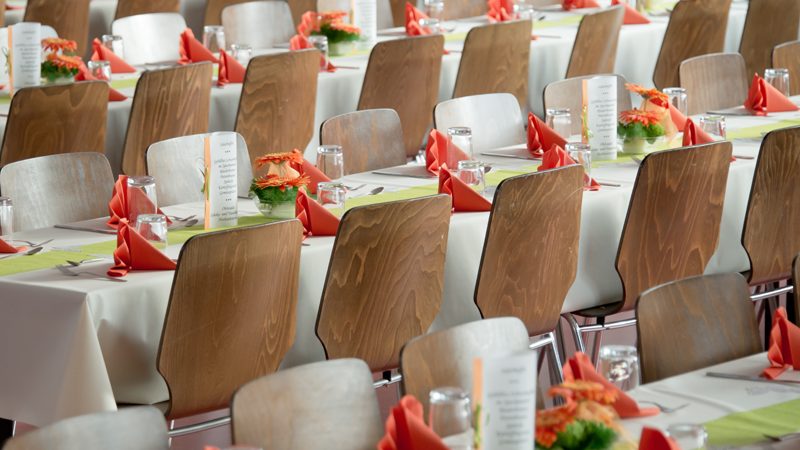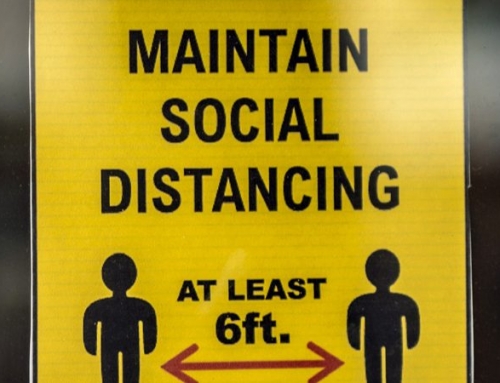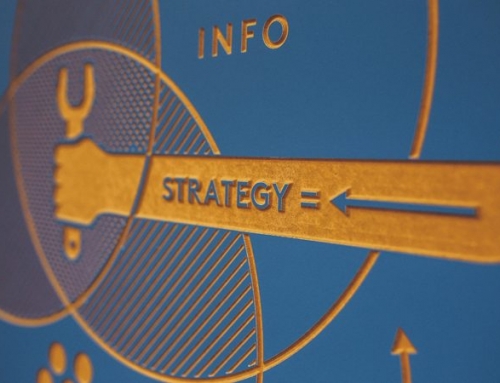In the UK, parts of Europe and some states in the USA, public events are beginning to happen once more, though things look quite different when compared to the carefree days of last summer. Social distancing is still very much in force and with good reason. As scientists and medical professionals continue to diligently pursue a vaccine and a cure, the Corona virus is still costing people their lives. Though it can feel extremely unnatural and strange, social distancing at outdoor events such as concerts, street food shows, theatre performances and sporting events is currently the only conceivable way that people can still enjoy doing some of the things they loved before Covid changed the world. In this article, Probella discuss how to promote socially distant events online.
1. Emphasise Safety
This should be your number one priority in terms of both the message you are sending out and the way you are conducting your event in practice. Though some people feel comfortable mixing with others, after such a long time in locked down conditions with a range of mixed and vague messages to decipher, many others still feel a sense of trepidation about venturing out into the world. To set your potential customers or audience members at ease, it is essential to explain how you are dealing with the challenges that socially distanced events present. Emphasise how you are changing your working practices to ensure that all of your country’s current government guidelines are being met. This can include taking the temperature of every person in attendance, asking for contact information, should the need arise for you to trace that person for safety reasons and things like intensified cleaning regimes. Audiences and event attendees cannot conceivably enjoy themselves if they are concerned about catching a potentially life threating disease. Ignoring the safety aspect of any socially distanced event marketing campaign is the worst mistake you can make. In simple terms, if people do not think it is safe, they will not show up.
2. Clarify Your Booking Policy
Most socially distanced events will involve operating at a limited capacity and in most countries, regulations require organisers to invite their guests to pre book, rather than just showing up on the day. This can be off putting for some customers, especially those who may not be especially familiar with technology or using social media on a regular basis. As part of your campaign, explain how you have created a simple and easy to use booking system that allows customers to secure their spot at your event. Step by step guides, diagrams and flow charts are often a good idea, especially if you have an older clientele or if this is the first time you have dealt with an online booking system. Rather than focusing on the inconvenience and the regimented nature of this system, try to present this way of working in a positive light. Talk about how it can speed up entry, guarantee a safer experience and also make future bookings quick and simple.
3. Explain the need for customer responsibility
The days of “the customer is always right” seem like a distant memory in the current climate of constantly changing regulations and restrictions. Though you will need to phrase what you say carefully and be mindful of your tone, customers who book a place at an event and then neglect to show up are costing your business money, while denying others the chance to enjoy a socially distanced entertainment or dining experience. In the UK, this has been a particular issue for many restaurant owners, many of whom are calling for their customers to get into the habit of making a quick phone call or sending an email to advise of nonattendance. Though this approach would have seemed inappropriately demanding a year ago, it is unfortunately a necessary part of the process until social distancing is no longer with us. Be polite but explain how much this matters to both you and your other customers.
4. Celebrate Your Return and Generate Excitement
Everybody has missed going out and doing things they love and if you are hosting a socially distant event in the coming weeks, you can expect to see a mix of giddy exuberance, bewilderment, and nervousness amongst those who attend. Try to make the tone of any social media posts and email campaigns joyful, rather than stern. Though we appreciate you will need to ensure that you’ve explained all of the local rules and laws that are now in place, the main thing your customers want to be thinking about is how much they’ll enjoy spending time at your event. Think about the little things that people may have missed. A cold beer from a real glass, poured by a friendly bar keeper, shared laughter or thrills while watching a quality performance on stage or the buzz of seeing a live band fill a space with great music. Now is the time to get nostalgic and evoke the party spirit in your potential customers. We are a long way from “normal” yet, but the events industry can lead the way in allowing people to enjoy their lives once more.
5. Tell Your Audience How Much They Mean to You
Without an audience, there is no show. This applies to festivals, food events, music shows and everything in between. Your audience want to know they matter and also how important their custom is to you. Let them know how much you appreciate their support and be honest about the challenges you have faced. People may be impatient sometimes, but most will understand that in these unprecedented times, things are going to have to work a little differently. Many bars and restaurants in the UK lead campaigns with quite personal sounding posts. “We’ve missed you.” Has a warm, simple appeal that speaks to our basic human emotions whereas “We’re back.” Can sound a little too self-congratulatory. Your approach will of course depend on your brand voice but do not be afraid to let the positive emotions flow.






